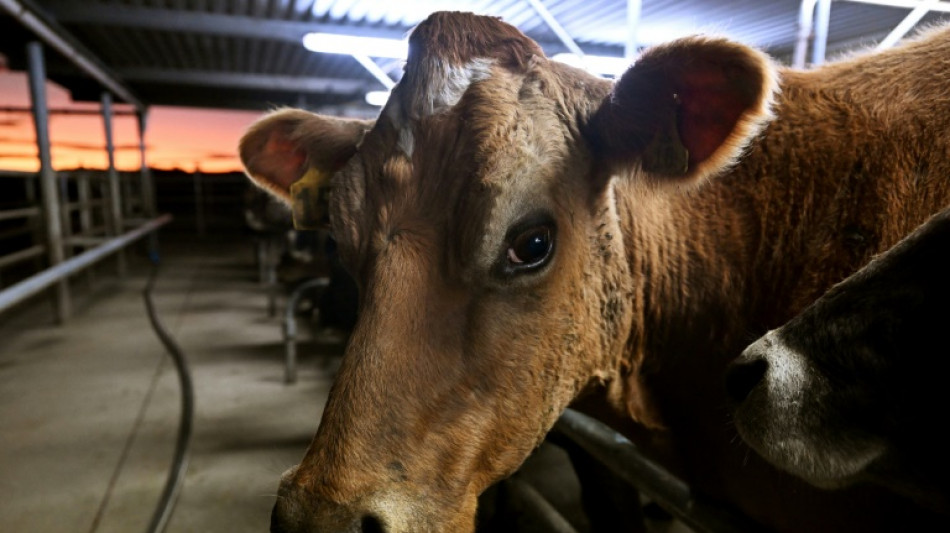

N. Zealand's amended cow burp tax plans still stink, say farmers
New Zealand's government on Wednesday outlined changes to controversial plans to tax the farts and burps of livestock, but a leading farmers group said it was still opposed to the emissions reduction scheme.
New Zealand is planning a "world first" levy on emissions of methane and nitrous oxide, produced by the nation's six million cows and 26 million sheep as a step towards tackling climate change.
Under the proposed scheme, farmers would have to pay for gas emissions from their animals.
The plans have caused uproar in New Zealand's agricultural community and sparked nationwide protests.
Farmers have demanded Prime Minister Jacinda Ardern's centre-left government ditch the tax, which they warn will make food more costly and could put livelihoods at risk.
The changes outlined Wednesday include allowing farmers to use on-farm forestry to offset their carbon emissions, and a promise to keep emissions pricing low.
"Our shared goal is supporting farmers to grow their exports, reduce emissions, and maintain our agricultural sector's international competitive edge," Ardern said in a statement.
"With or without the government's proposals, New Zealand needs to be at the front of the queue to stay competitive in a market that is demanding sustainably produced products," she warned.
Ardern hopes her cabinet will make a final decision on pricing for the agricultural emissions scheme in early 2023 with a five-year pricing scheme due to start from 2025.
The head of New Zealand's leading agriculture advocacy group said the amended plans still stink and criticised the government's "unrealistic timelines".
"Everyone else is talking about food security and working with farmers to develop practical on-farm solutions," Andrew Hoggard, president of New Zealand's Federated Farmers, said in a statement.
"Only New Zealand is taking the punitive step of taxing efficient, unsubsidised food production, even if it comes at huge costs."
While Ardern wants "an emission reduction system set up that lasts", Hoggard accused her government of making "vague promises of an obscure future review with unknown terms of reference".
"The response is so high level, we may not be able to clearly understand the detail until we actually see it when introduced as legislation next year," he warned.
O.Sallow--MC-UK




